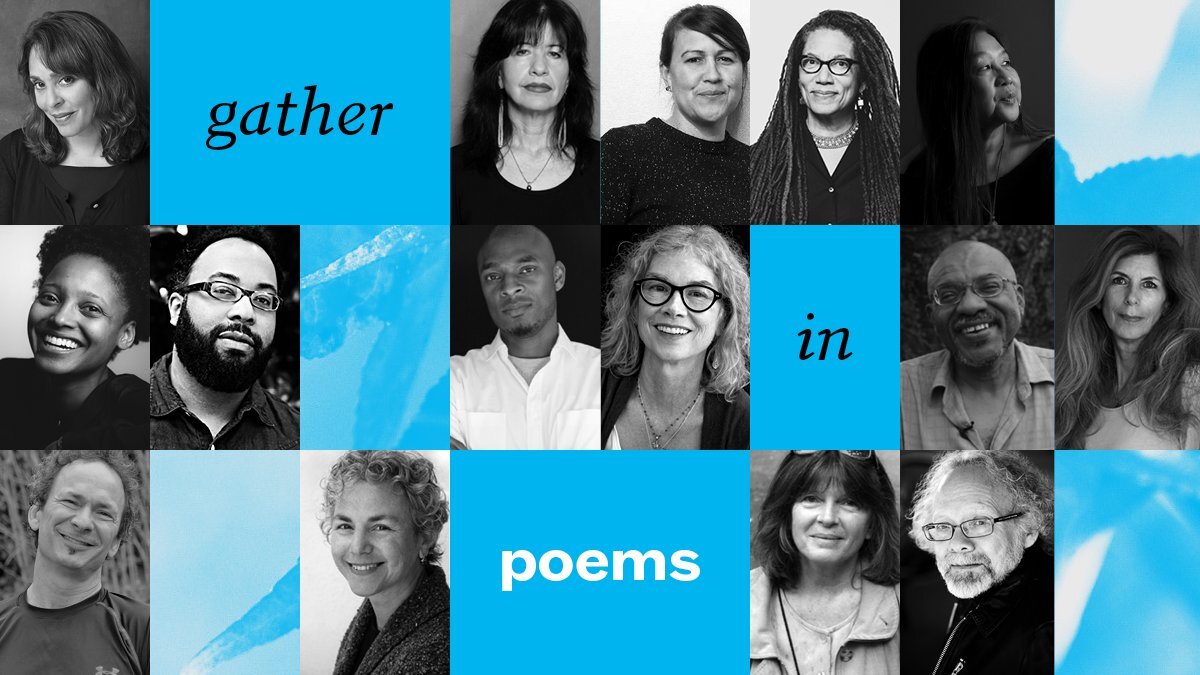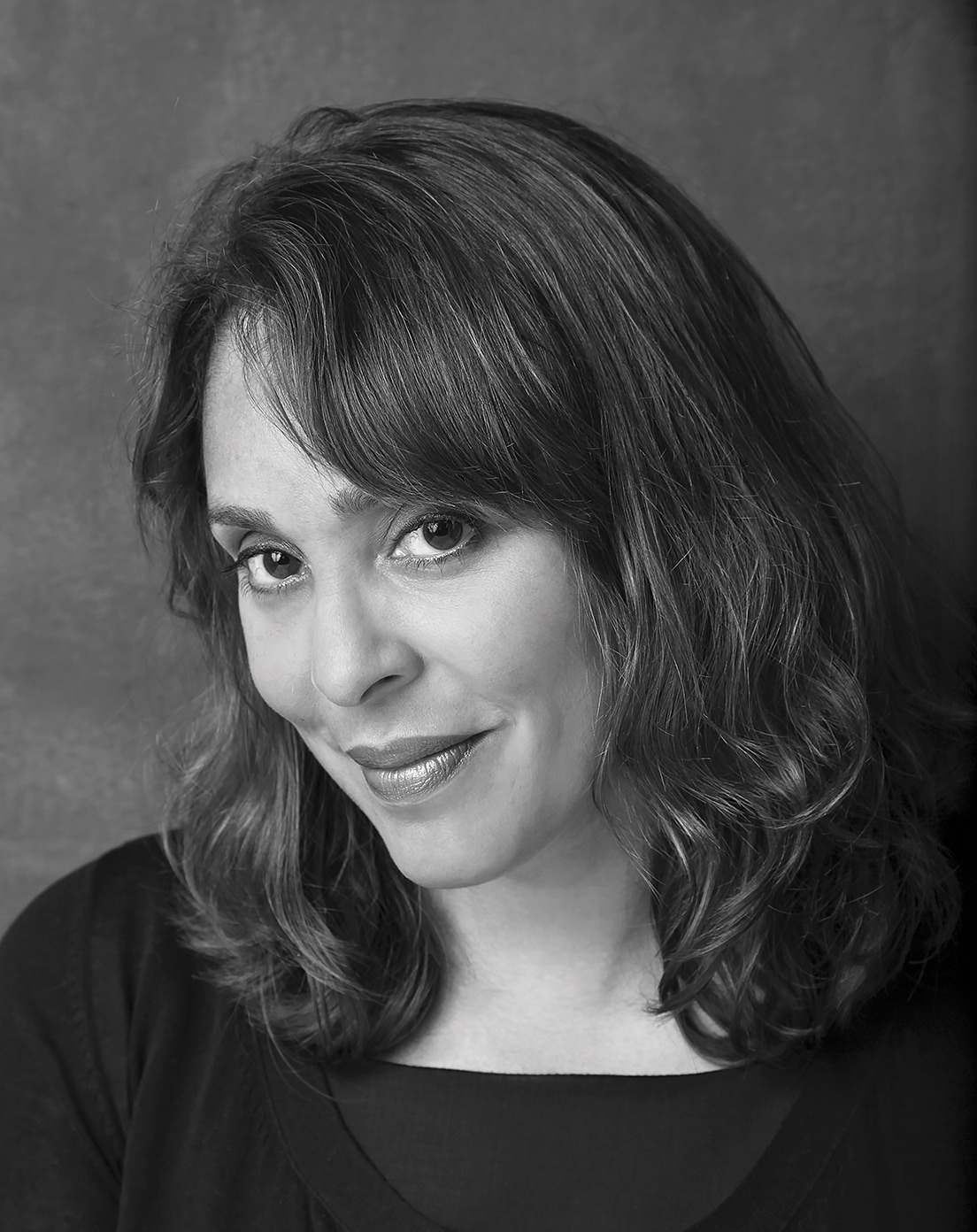Four Anisfield-Wolf poets distilled their lines into an hour-long symphony of 15 voices. All are chancellors of the American Academy of Poetry, the host of the performance.
The first to speak, Ellen Bass, began with the 30-word poem of Langston Hughes called “Island:”
Wave of sorrow,
Do not drown me now:
I see the island
Still ahead somehow.
I see the island
And its sands are fair:
Wave of sorrow,
Take me there.
“I often think how Langston Hughes could never have known that his poem, written from his own sorrow, would sustain an oldish white lesbian living in a beach town in California so many years later,” Bass said. “I never stop being amazed that poetry can reach across distance and time.”
Bass read two of her own poems, including “How to Apologize,” and let her voice flow into Natasha Trethewey’s. The 2021 Anisfield-Wolf winner for her memoir, “Memorial Drive,” read a single poem called “Quotidian.” It, like her memoir, centers on her mother, Gwendolyn Turnbough.
“In my work I’ve always been concerned with the intersections between personal and public history, our national collective memory — with its omissions, erasures — our cultural amnesia and the enduring need for justice for all,” Trethewey tells the online audience.
Her poem is preceded by a 1964 epigraph from U.S. Supreme Court Justice Hugo Black: “No right is more precious in a free country than that of having a voice in the election of those who make the laws under which as good citizens we must live. Other rights, even the most basic, are illusory if the right to vote is undermined.”
The poem gives glimpses of Turnbough’s daily life as a young woman around the time of Black’s quotation. She is newly in love with Eric Trethewey, who will become the poet’s father. The final words in “Quotidian” are from Turnbough’s own letter: “’Got to run,” she wrote, ‘have to get downtown to register to vote.’”
Marilyn Chin, Anisfield-Wolf winner in 2015 for “Hard Love Province,” lends her jaunty voice from her sunlit San Diego home to recite “Lockdown Impromtku,” a haiku series.
It begins: “Boyfriend snoring on the yoga mat/who are you smooching in the underworld?” The speaker sees “stone by stone democracy crumbling/into a race war.” Still, “year after year, the pear tree blossoms.” Chin smiles, presses her palms together and bids her listeners “be safe.”
Kevin Young, 2018 Anisfield-Wolf winner for “Bunk,” sits more formally in a book-lined office and holds up his most recent title, “Stones.” The director of the Smithsonian’s African and African American Museum tells listeners that most of the new book is about Louisiana, from which both branches of his family hail.
He begins with the first poem, “Halter,” which itself begins with “Nothing can make me want to stay in this world.” He flips forward to “Dog Star,” in which a boy looks into the night sky, and concludes with “Russet,” which Young says is thinking about graveyards and letting go.
The penultimate poet in the presentation is Tracy K. Smith, the 2019 Anisfield-Wolf recipient for “Wade in the Water.” Her first poem, “Mothership,” is an offering to and commemoration of the poet Kamilah Aisha Moon. It circles into space and the unknown spirit that preoccupies Smith. She concludes with her sweeping, anthem-like piece, “We Feel Now a Largeness Coming On” from her new collection, “Such Color.”
Smith is followed by Joy Harjo, who has taken up Smith’s mantle and is the current U.S. Poet Laureate. Harjo thanks poetry itself “for taking us through these times.” She begins, “The world will keep trudging . . .”
The complete presentation is available here:


